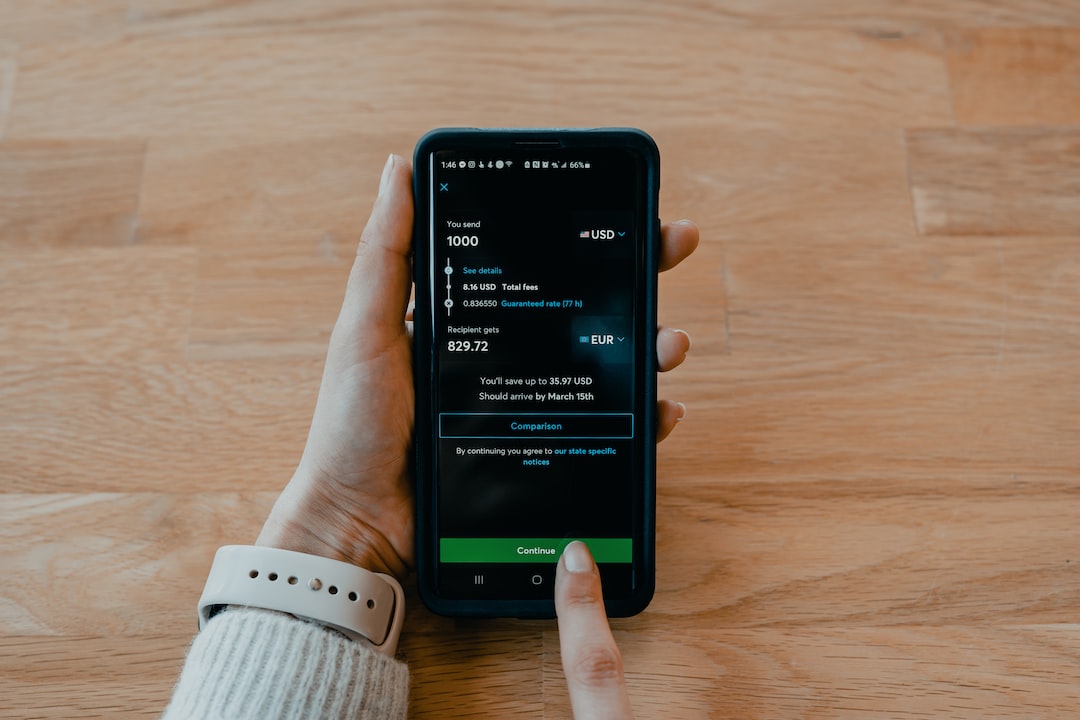Bitcoin and other cryptocurrencies have become increasingly popular in recent years, with many investors turning to these digital assets for their potential for high returns. However, as with any investment, it is important to understand the tax implications of trading in bitcoin forex. In this article, we will explore how to pay taxes on bitcoin forex and what you need to know to stay compliant with the law.
The Basics of Bitcoin Forex Taxation
The IRS considers bitcoin and other cryptocurrencies to be property, rather than currency. This means that any gains or losses from the sale or exchange of bitcoin are subject to capital gains tax. The tax rate for bitcoin forex is based on your income, with rates ranging from 0% to 20% depending on your tax bracket.
If you hold bitcoin for less than a year before selling it, your gains are considered short-term and are taxed at your ordinary income tax rate. If you hold bitcoin for more than a year before selling it, your gains are considered long-term and are subject to the lower capital gains tax rate.
In addition to capital gains tax, you may also be subject to the Net Investment Income Tax (NIIT) if your income exceeds certain thresholds. The NIIT is a 3.8% tax on investment income, including capital gains from bitcoin forex.
Reporting Bitcoin Forex on Your Tax Return
To report your bitcoin forex activity on your tax return, you will need to keep detailed records of all your transactions. This includes the date and time of each transaction, the amount of bitcoin traded, the value of the bitcoin at the time of the transaction, and any fees or commissions paid.
You will also need to report your gains or losses on Schedule D of your tax return. If you have multiple transactions, you will need to aggregate your gains and losses for the year and report the net amount. You will also need to include any applicable NIIT on Form 8960.
If you received bitcoin as payment for goods or services, you will need to report the fair market value of the bitcoin on the date you received it as income on your tax return. This income is subject to ordinary income tax rates.
If you mined bitcoin, you will need to report the fair market value of the bitcoin as income on your tax return. You may also be able to deduct expenses related to mining, such as electricity and hardware costs.
Staying Compliant with the Law
It is important to stay compliant with the law when trading in bitcoin forex. Failure to report your gains or losses can result in penalties and interest charges. In addition, the IRS has increased its focus on cryptocurrency taxation in recent years and has begun sending warning letters to taxpayers who may have failed to report their cryptocurrency activity.
To stay compliant, it is important to keep detailed records of all your bitcoin forex transactions and report them accurately on your tax return. You may also want to consult with a tax professional who is familiar with cryptocurrency taxation to ensure that you are taking advantage of all available deductions and minimizing your tax liability.
Conclusion
Bitcoin forex can be a profitable investment, but it is important to understand the tax implications of trading in these digital assets. By keeping detailed records of your transactions and reporting them accurately on your tax return, you can stay compliant with the law and avoid penalties and interest charges. If you have any questions or concerns about bitcoin forex taxation, it is always best to consult with a tax professional who is familiar with cryptocurrency taxation.





